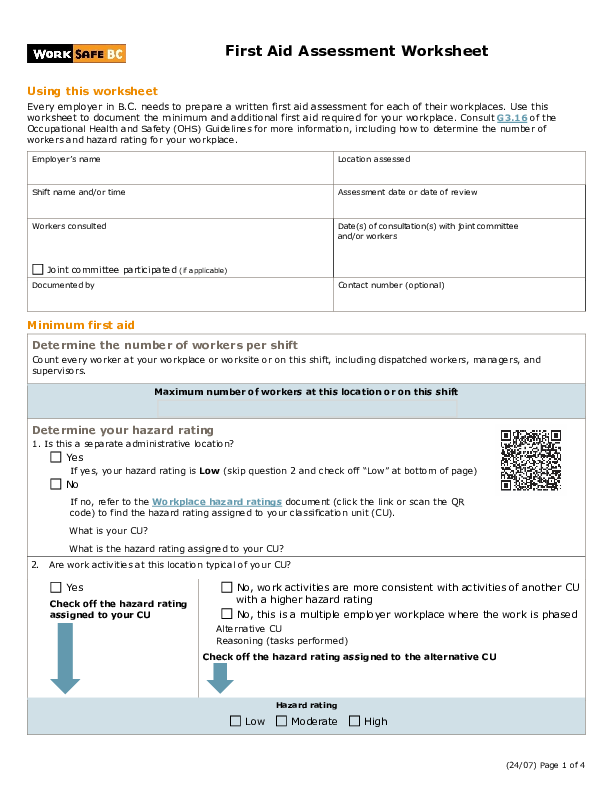
Workplace Health is More than Physical Health
In general, when people talk about their health, they refer to physical health, particularly their aches and pains.
But that’s not the whole story.
Health is always important. Physical health feels more important as we age, especially in a job that requires sitting a good deal. We feel it in our joints and our waistlines. But we may not be as aware of our mental health, and when we do become aware that we’re suffering, we may be reluctant to acknowledge or talk about it. Times have changed and the stigma of mental health issues isn’t what it once was. We can feel safe to talk about it.
Emotional, psychological, and social well-being make up our mental health, which affects our feelings, actions, and thoughts. Mental health is also important in how we deal with stress, relate to others, and make choices. It’s important at every stage of life and can change over time. It can be affected by life events, such as being overwhelmed by problems and not having the resources to deal with them. A mental health issue is not necessarily a mental illness, though poor mental health can lead to mental illness, such as mood disorders or PTSD. Just as we try to eat well and exercise to be physically healthy, we should also support our mental wellness.
It is unrealistic to expect to feel happy all the time; after all, if we didn’t experience sadness, how would we know what happiness feels like? An emotional response to a situation, such as grief at the loss of a loved one or stress at work, is natural and does not signify a mental disorder. Nevertheless, those negative feelings need to be addressed if they interfere with activities or affect physical health. Mental health problems, especially depression, increase the risk of stroke, Type 2 diabetes, and heart disease. Similarly, chronic conditions can increase the risk of mental illness.
The mental health of the individuals in a workplace affects the overall health of the workplace. Considering workplace health needs to include workers’ physical and mental states, both of which can reduce productivity. Mental health issues can affect professional drivers in particular, given the long stretches of time they often spend alone and away from family and friends.
Every level of the workplace, including the health and safety committee, should be concerned with incorporating positive mental health protocols. There is no perfect way to create a mentally healthy workplace; each workplace is different. Positive steps to support employee mental health include:
• Respecting everyone at every level
• Providing psychological support through employee health benefits
• Ensuring workload management
• Recognizing and rewarding success and effort
• Providing clear leadership and expectations
• Encouraging employee engagement
• Providing employee growth and development opportunities
When implementing any process or procedure, always consider the psychological impact of the change. Looking to the long term will help to improve mental health.
Watch our webinar on mental health on demand and learn about more helpful resources available.
Latest Resources
How to Complete WorkSafeBC’s First Aid Assessment
Learn how to complete WorkSafeBC's First Aid Assessment with this step-by-step guide. ...
First Aid Assessment Worksheet
Every employer in B.C needs to prepare a written first aid assessment for each of the ...

